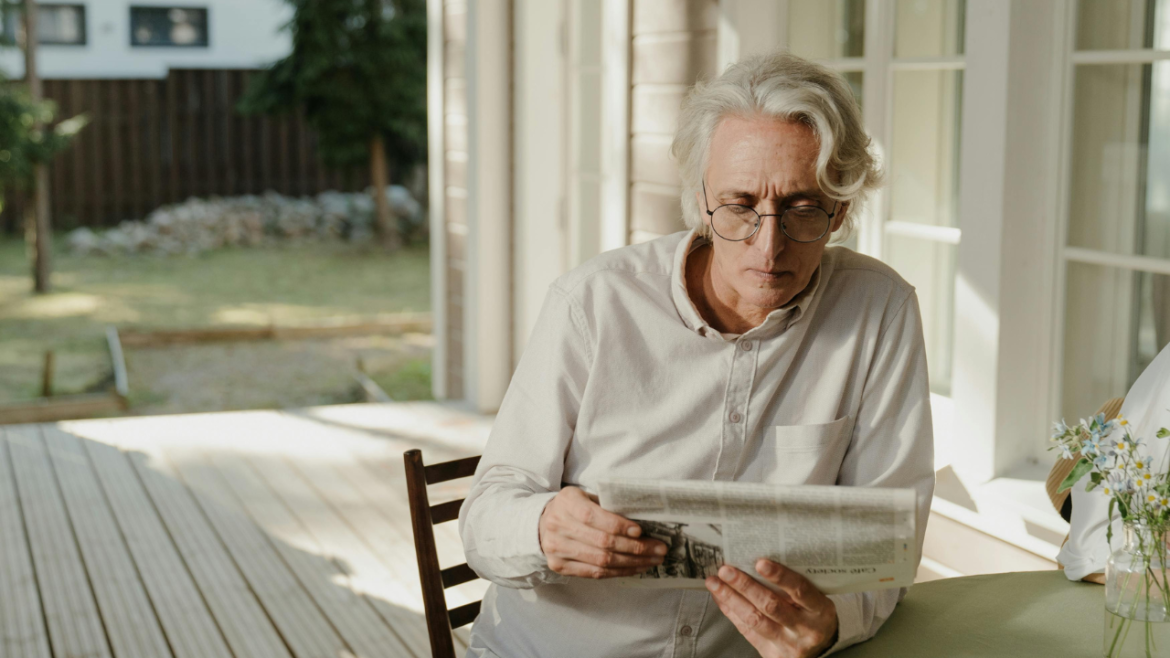Dangers For Seniors Living Alone
Did you know that Leading Edge Senior Care has a Dementia Support Group? We meet monthly in Mesa. For more details <click here>
Dangers For Seniors Living Alone
Living alone can be a challenging experience for seniors, posing numerous risks to their health and well-being. While independence is cherished, it’s crucial to acknowledge and address the dangers that come with solitary living. Understanding these risks helps caregivers and families take proactive measures to ensure the safety and happiness of their elderly loved ones.
Physical Health Risks
Seniors living alone face significant physical health risks, which can be exacerbated by isolation. One of the primary concerns is the increased likelihood of falls. As people age, balance and mobility issues become more pronounced, making falls a common and dangerous occurrence. A simple trip or slip can result in severe injuries such as fractures or head trauma. Without someone nearby to assist or call for help, the consequences can be dire.
Moreover, chronic conditions like arthritis, diabetes, and heart disease require regular monitoring. Without companionship or caregiving support, managing these conditions becomes more challenging. Missed medication doses, neglected symptoms, or inadequate nutrition can worsen these health issues, leading to hospitalizations or deteriorating health.
Mental Health Challenges
Loneliness and social isolation are significant threats to the mental health of seniors living alone. Human beings are inherently social creatures, and the lack of regular interaction can lead to feelings of loneliness and depression. Depression in seniors often goes unnoticed but has severe implications for overall health. It can cause a decline in cognitive function, reduce the immune response, and exacerbate existing health problems.
Additionally, cognitive decline, including dementia, can be accelerated by isolation. Without regular mental stimulation and social engagement, the cognitive abilities of seniors can diminish rapidly, leading to confusion, memory loss, and an overall decline in mental health.
Safety Concerns
Living alone increases the vulnerability of seniors to various safety concerns. One major risk is the potential for home accidents. Everyday tasks, such as cooking, can become hazardous. A forgotten stove or improperly handled electrical appliances can lead to fires, while slippery bathroom floors can cause falls. Moreover, seniors are more susceptible to scams and financial abuse.
Living alone often means managing finances independently, which can be daunting and confusing. Scammers and dishonest individuals may take advantage of this vulnerability, leading to financial losses and further emotional distress. Ensuring a secure and safe living environment is paramount to protect seniors from these risks.
Nutritional Deficiencies
Proper nutrition is essential for maintaining health, especially in older adults. However, seniors living alone may struggle with meal preparation and maintaining a balanced diet. Cooking for one can seem daunting and unappealing, leading to reliance on unhealthy, processed foods or skipping meals altogether.
This can result in nutritional deficiencies that compromise immune function, muscle mass, and overall vitality. Furthermore, physical limitations or medical conditions might make grocery shopping challenging, leading to inadequate food supplies at home. Ensuring seniors have access to nutritious meals is crucial for their well-being.
Emergency Situations
In emergency situations, having someone around can be lifesaving. Seniors living alone face significant risks when emergencies occur. Medical emergencies, such as heart attacks or strokes, require immediate attention.
Without someone to call for help, the time lost in seeking assistance can be critical. Additionally, natural disasters or accidents may leave seniors stranded without necessary support or resources. Ensuring that seniors have a reliable emergency plan and access to help is vital for their safety.
Social Isolation
The emotional toll of social isolation cannot be understated. Regular social interaction is vital for mental and emotional health. Seniors living alone often miss out on social activities, leading to feelings of exclusion and sadness.
Encouraging social engagement, whether through community centers, clubs, or regular visits from family and friends, is essential to combat isolation. Technology can also play a role in connecting seniors with loved ones through video calls and social media, providing a sense of connection and support.
Proactive Measures for Safety
To mitigate these dangers, several proactive measures can be taken. Regular check-ins, either by family members, friends, or professional caregivers, can provide reassurance and immediate assistance if needed. Home modifications, such as installing grab bars, improving lighting, and removing tripping hazards, can significantly reduce the risk of falls and injuries.
Additionally, ensuring seniors have access to nutritious meals, whether through meal delivery services or community programs, helps maintain their health. Encouraging social engagement and providing opportunities for mental stimulation are also crucial in maintaining cognitive and emotional health.
In conclusion, while living alone offers seniors independence, it also presents significant risks. By understanding and addressing these dangers, caregivers and families can take steps to ensure their elderly loved ones remain safe, healthy, and happy.

